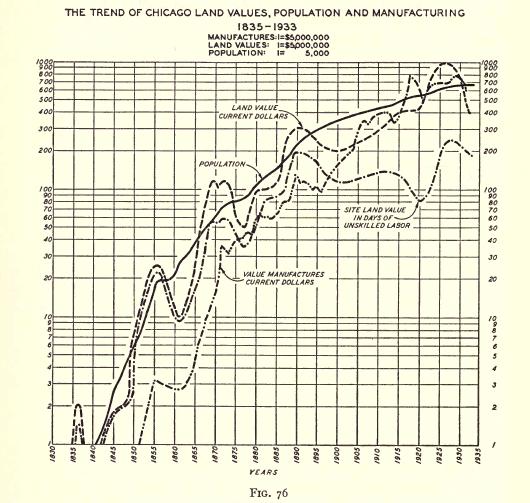Network effects seem to be the main impact of bus rapid transit on land values, at least according to a Lincoln-supported study of Bogota, Colombia. The analysis suggests that an extension of BRT service in 2003 may have had little impact on land prices in the area of the extension, but greatly increased land costs in an area which was already served by BRT previously. The explanation could be a network effect– as the area served by BRT expands, the value of access to the system also expands. A 15%- 20% increase in “property” value was found. Obviously if one were looking only at land value, the percentage would be higher. Also, the data source was asking prices rather than actual transactions.
The study is described here (free registration required, or use bugmenot) , and a more detailed working paper is here (ditto). The basic finding is that, yes, you can expect to fund transit from a land value tax, and it can be appropriate to use systemwide funding sources to pay for extensions.
I would have said that there is no “bus rapid transit” service in Chicago, but I can’t refute the wikipedia claim that the McCormick Place Busway is BRT. For regular transit passengers here, however, there are no bus routes which are isolated for any distance from automobiles and other traffic.
